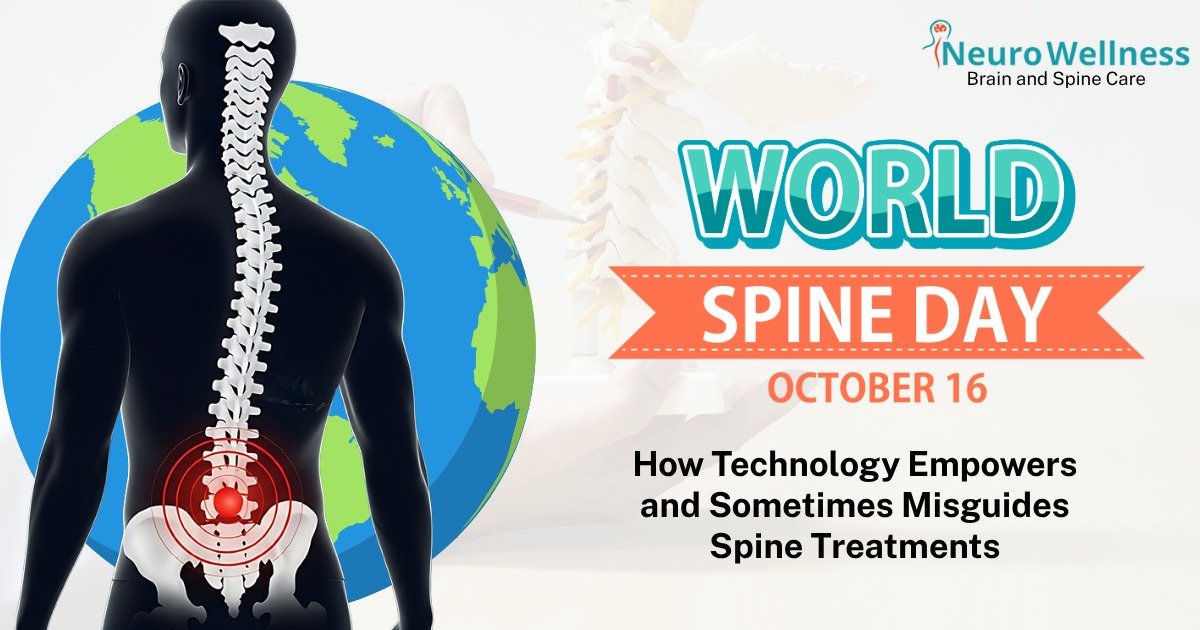When choosing a restaurant, hotel, or shopping site, we all check Google reviews. A few minutes of reading star ratings and comments can help us decide where to eat or what to buy.
But healthcare is not like dining out. If you are searching for the best neurosurgeon, neurologist, or neuro hospital, you are often dealing with something far more serious: a brain tumor, a stroke, epilepsy, spine disease, or even a life-threatening aneurysm.
The question is: Should you trust Google reviews to make such important health decisions?
This article explores how reviews can help, where they can mislead, and how patients can make safe, informed choices when it comes to brain and spine care.
Why Google Reviews Influence Healthcare Choices

Dr. Ganesh Veerabhadraiah
Consultant – Neurosurgeon, Neurointerventional Surgery, Spine Surgeon (Neuro)
23+ Years Experience Overall (17+ years as Neuro Specialist)
Available for Consultation: Jayanagar 9th Block & Kauvery Hospital, Electronic City
The Value of Google Reviews in Neurology and Neurosurgery
1. Insight Into Patient Experience
2. Spotting Patterns
3.Transparency and Accountability
4.Empowering Families
The Limitations of Reviews in Brain and Spine Care
Real-Life Scenarios
Case 1: A Family’s Grief Reflected in a Review
One online review described a patient’s father who underwent multiple brain surgeries, remained in ICU for weeks, and never recovered fully. The family, devastated by the outcome and overwhelmed by medical bills, left a harsh one-star review, calling the doctor “miserable.” While their pain and frustration were genuine, the review reflected the emotional burden of a tragic medical journey rather than an objective measure of surgical skill.
Case 2: Delay in Appointment Seen as Neglect
In another review, a patient suffering from severe spinal cord pain expressed anger that the doctor did not arrive at the hospital at the scheduled hour. The review focused solely on waiting time, without considering that neurosurgeons often manage emergencies, surgeries, and ICU cases that can delay outpatient schedules. While punctuality matters, such reviews may misrepresent the realities of a specialist’s unpredictable workload.
Why These Matter
These examples highlight how Google reviews can sometimes reflect expectations, grief, or system issues rather than true medical quality. For families, the review becomes an outlet for emotion. For the public, however, it can paint a distorted picture of the doctor or hospital.
How Much Should You Believe?

About Author
Dr. Ganesh Veerabhadraiah
Dr. Ganesh Veerabhadraiah, leading neurosurgeon and neurologist in Bangalore, has over 20 years of expertise in managing back pain, migraines, headaches, neuro disorders, and spine problems. His clinical excellence and patient-first approach make him one of the most trusted neuro doctors in Bangalore.
At Neurowellness Brain & Spine Clinic in Jayanagar and Kavery Hospital Electronic City, Dr. Ganesh provides comprehensive treatments ranging from minimally invasive spine surgery to advanced neurological care. As a respected back pain specialist and migraine doctor, he continues to deliver reliable outcomes for patients.
Choosing the Right Neurosurgeon or Neuro Hospital
A Doctor’s Perspective on Reviews
The Future of Reviews in Healthcare
Reviews will remain important, but improvements are needed:
Conclusion
FAQs
1. Are Google reviews reliable for choosing a neurosurgeon?
They provide patient experiences but should not be the sole factor. Combine them with qualifications, referrals, and personal consultation.
2. Why do neuro hospitals sometimes get poor reviews despite skilled doctors?
Because reviews often reflect waiting times, costs, or emotions—not actual medical expertise.
3. How do I know if a neurologist is genuinely good?
Check their degrees (DM, DNB), experience, patient feedback, and clarity during consultation.
4. Should I trust a doctor with a 5-star rating but very few reviews?
Not necessarily. A doctor with slightly lower ratings but hundreds of consistent reviews is usually more reliable.




